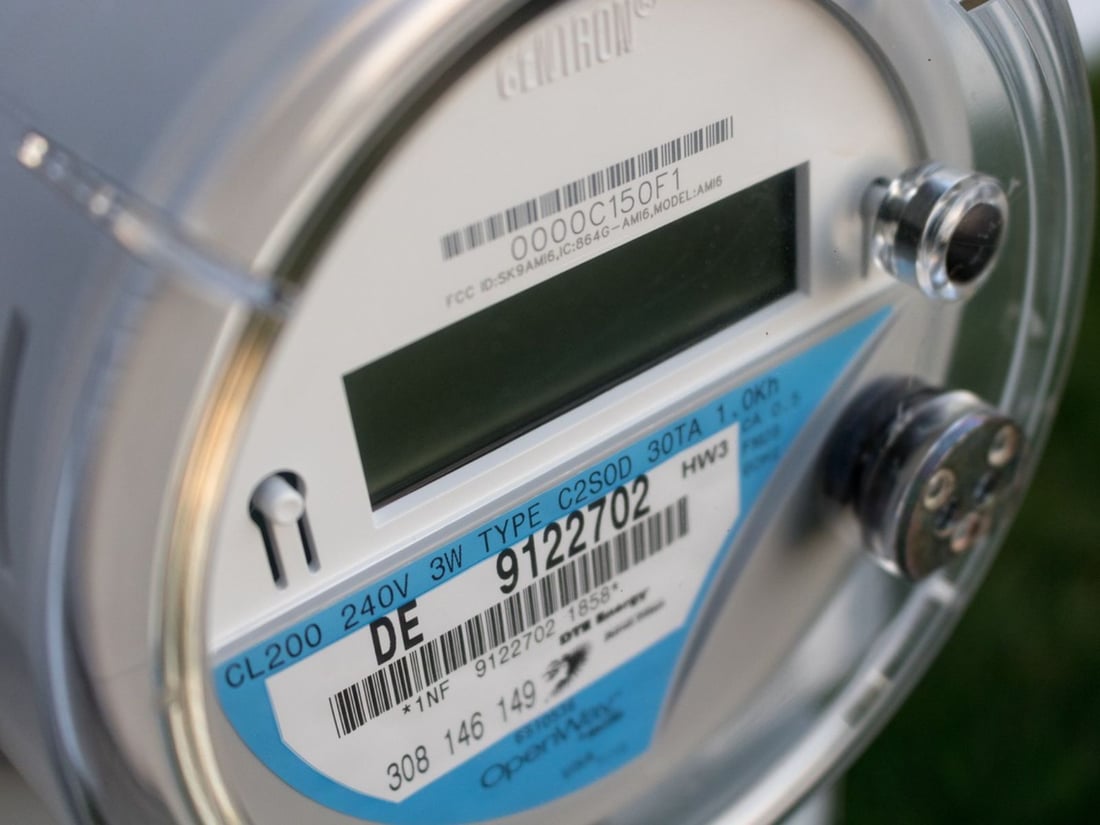Mechanical vibration meters are essential tools used in industrial settings to measure vibrations in machinery and equipment.
Types of Mechanical Vibration Meters
There are various types of mechanical vibration meters available, including portable handheld devices and online monitoring systems.
Benefits of Using Mechanical Vibration Meters
By using mechanical vibration meters, industrial companies can detect potential issues in their machinery early on, preventing costly breakdowns and downtime.
Key Features to Look for in a Mechanical Vibration Meter
When selecting a mechanical vibration meter, it is important to consider features such as frequency range, sensitivity, and data recording capabilities.
How Mechanical Vibration Meters Work
Mechanical vibration meters work by detecting and measuring the frequency and amplitude of vibrations in machinery, providing valuable data for maintenance purposes.
Applications of Mechanical Vibration Meters
Mechanical vibration meters are used in a wide range of industries, including manufacturing, automotive, aerospace, and energy production.
Importance of Routine Vibration Monitoring
Routine vibration monitoring with mechanical vibration meters helps identify abnormal patterns in machinery behavior, allowing for timely maintenance and repairs.
Training for Using Mechanical Vibration Meters
Proper training is essential for using mechanical vibration meters effectively, ensuring accurate measurements and data interpretation.
Future Trends in Mechanical Vibration Meters
Advancements in technology are leading to the development of more sophisticated mechanical vibration meters with enhanced capabilities for predictive maintenance.
Choosing the Right Mechanical Vibration Meter for Your Needs
When selecting a mechanical vibration meter, consider factors such as your industry requirements, budget, and maintenance goals to find the best fit for your specific needs.
Quote Inquiry
Contact us!

